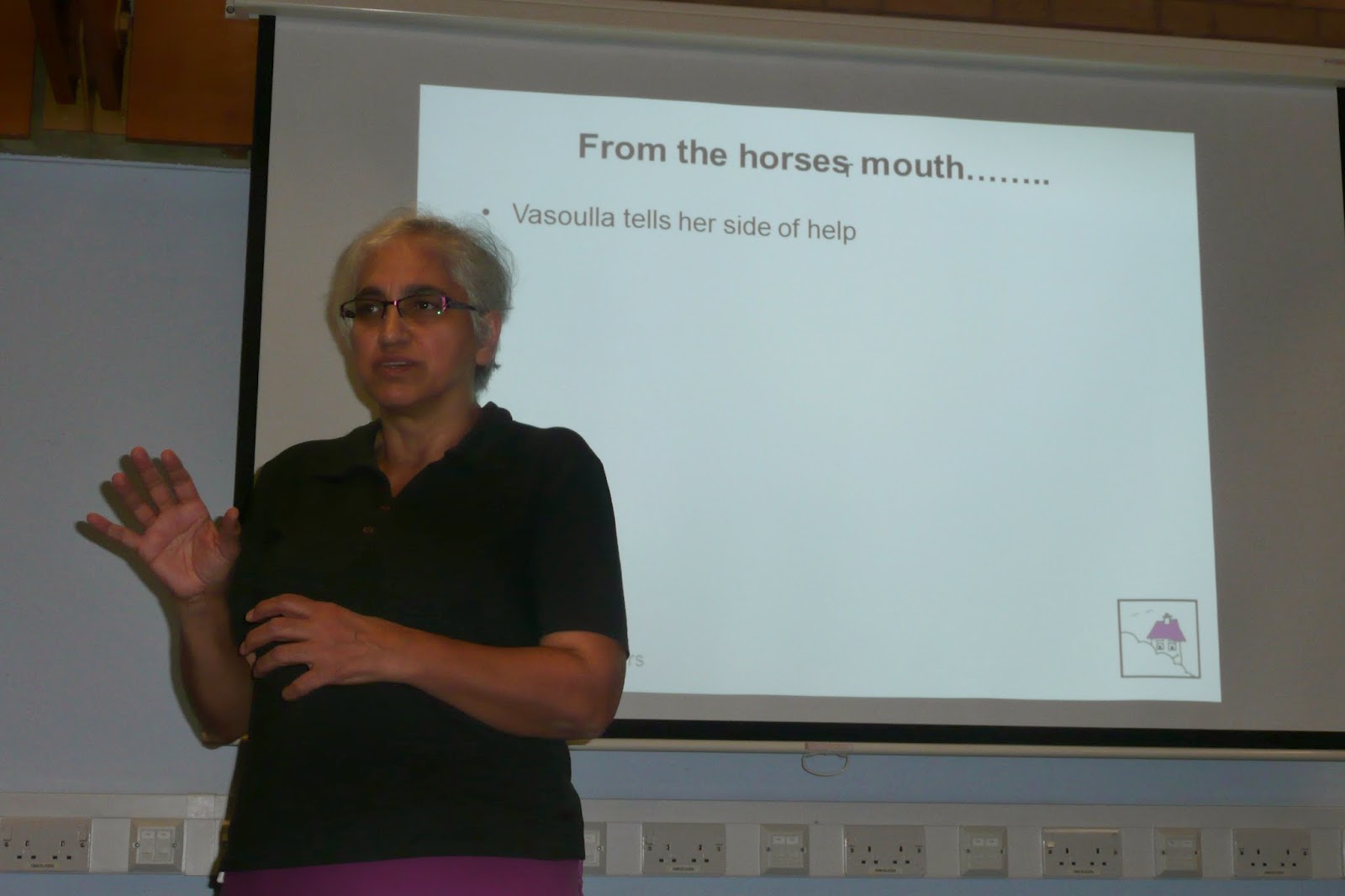I absolutely LOVE meeting the folks who attend the Unique ADHD support group in Shepperton, Surrey - they all have INCREDIBLE and humbling stories to tell.
Many have endured years of frustration, ill-health, depression, anxiety, OCD, addictions, failed relationships, failed attempts at organising their homes, and generally living unfulfilled or complicated lives; they've struggled with life, not knowing why they were different.
Many have experienced amazing lightbulb moments about what's caused them to be this way only when their own children eventually get diagnosed with ADHD.
So here's a very flattering testimonial from one of the group's members - who also happens to be one of the most gorgeous, caring and intelligent people I've ever had the privilege of meeting, and working with.
"As a busy mum, full time student and working parent I found that
managing some of the simple things in life became more difficult resulting in
anxiety. When I first considered getting a professional organiser my family
didn’t fully understand why especially as my house is extremely tidy and
organised in many ways….I have however been described as Monica from FRIENDS as
I have this ‘secret
cupboard’ where I put things if they don’t have an official home. Over the
years this cupboard has had more and more things put in it, which have not been
tackled that it got to the point where just opening the door caused unnecessary
stress.
Then I met Cherry…..my organising fairy god mother.
I knew the process wouldn’t be easy as I was confident that there
would be some things in my cupboard that I didn’t wish to deal with and was
scared of opening Pandora’s box. However, with Cherry by my side, someone to
talk to, someone to guide me through the process, someone to support me with
the emotional attachments, I was able to let go of the past and move on whilst
keeping the things that mean the most to me and finding them a permanent home
within the house and out of the cupboard. The process became enjoyable and I
looked forward to Cherry’s next visits of discovering something new or
something I had forgotten about. My house is almost totally organised from top
to bottom as we even ended up tackling the garage and the garden shed as I
didn’t really know how to organise these areas effectively as they are often
have multipurpose uses.
I would highly recommend Cherry, not just to those who have large
organising projects but even to those who have busy lives and need some
assistance getting that paperwork sorted, dealing with emotional attachments of
possession or tackling a small area that never seems to be organised. I have
learnt a lot from Cherry and she learns so much from her clients that it is not
a prescriptive service but unique and bespoke that she works to the clients
needs with a sympathetic and non-judgemental ear. I will be working with Cherry
in the future as my child grows up as I struggle to decide what to keep and
what not to keep from his childhood possessions. My family have all seen the
benefit of this truly amazing lady and not only do we have an additional
cupboard..clutter free but it is now used as an organising workstation for
maintaining the space as a functional, practical and usable space which has
actually cleared other areas which were often used.
I am happy not to be anonymous and have my name attached to it as
I truly believe in your service and would highly recommend you. I don't have
anything to hide and feel that many people can benefit form your service,
everyone must have a few things in life that they struggle to justify why they
have them, or that cupboard where its never organised (even my mum has an issue
with her tupperware cupboard...its never tidy)."
Hailey - Chertsey

















